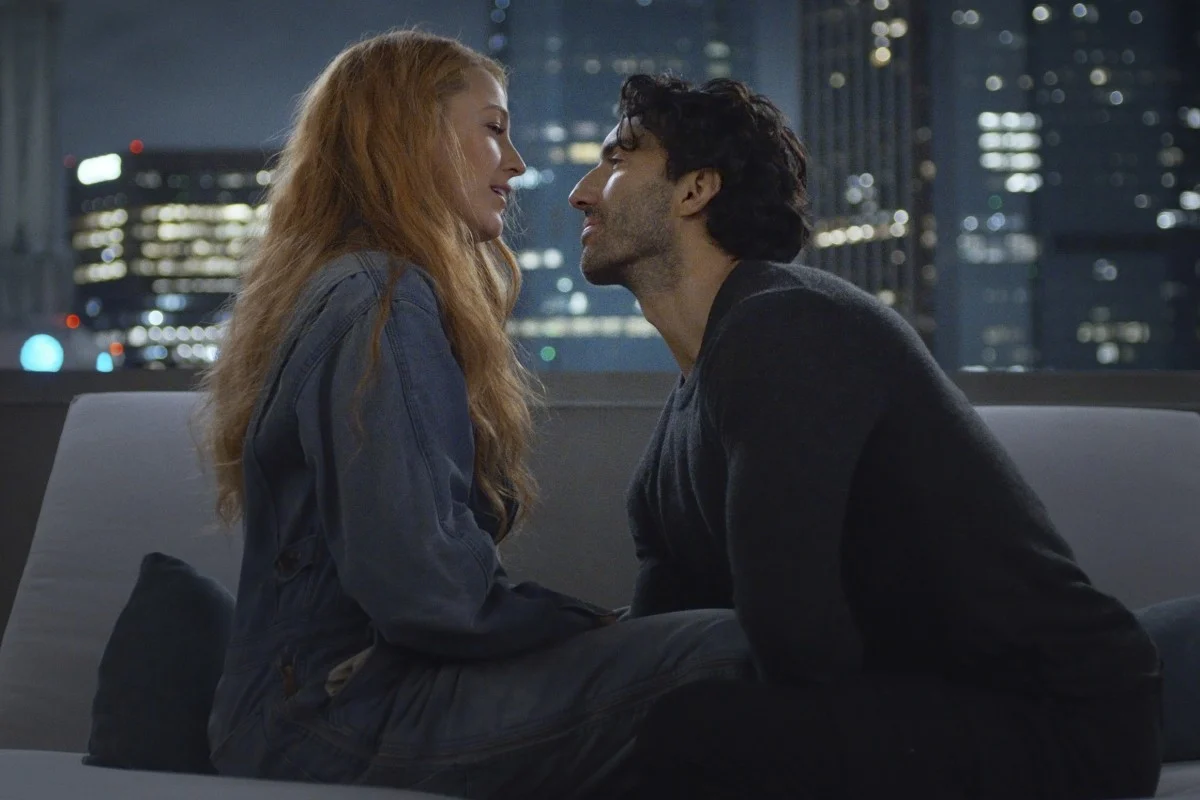Colleen Hoover’s novel It Ends With Us is a poignant exploration of domestic violence and the courage it takes to break free from abusive relationships. The story, inspired by Hoover’s own life experiences, has resonated deeply with readers, leading it to become a bestseller years after its initial release. The novel has now been adapted into a film that premiered this month, bringing its powerful message to the big screen.
The story follows Lily Bloom, a florist who falls for the charming neurosurgeon Ryle Kincaid. As their relationship progresses, Ryle’s violent tendencies begin to surface, especially after Lily reconnects with her first love, Atlas Corrigan. The novel, and now the film, delves into the complex emotions involved in abusive relationships, showing how love and violence can become tragically intertwined.
Hoover has spoken about how writing It Ends With Us helped her gain empathy for her mother, who escaped an abusive marriage when Hoover was just two years old. Her mother’s courage to break the cycle of violence inspired Hoover and informed the book’s narrative, showcasing how one person’s strength can influence generations.
The film adaptation, directed by Justin Baldoni, stars Blake Lively as Lily and Justin Baldoni himself as Ryle. Although Hoover initially envisioned a woman directing the film, Baldoni won her over with his deep understanding of the book’s themes and his advocacy for redefining traditional masculinity. Baldoni’s commitment to authentically portraying the complexities of abuse included consulting with No More, a non-profit dedicated to ending domestic violence, and attending court-mandated rehab sessions for abusers to better understand his character.
Baldoni’s portrayal of Ryle was a challenging role, as he sought to depict the complicated nature of abusive relationships without romanticizing the violence. The film’s scenes of physical and emotional abuse were carefully crafted with the help of intimacy and stunt coordinators to ensure they were both impactful and respectful. Baldoni has emphasized that the goal of his portrayal was not to elicit sympathy for Ryle but to highlight the difficulty women face in leaving abusive partners due to the deep, often conflicting emotions involved.
Ultimately, the film adaptation of It Ends With Us focuses on Lily’s story, celebrating her strength and resilience. Baldoni hopes that by shifting the narrative to question why abusers harm rather than why victims stay, the film can contribute to a broader understanding of domestic violence and encourage accountability among those who perpetrate it.
READ MORE:
